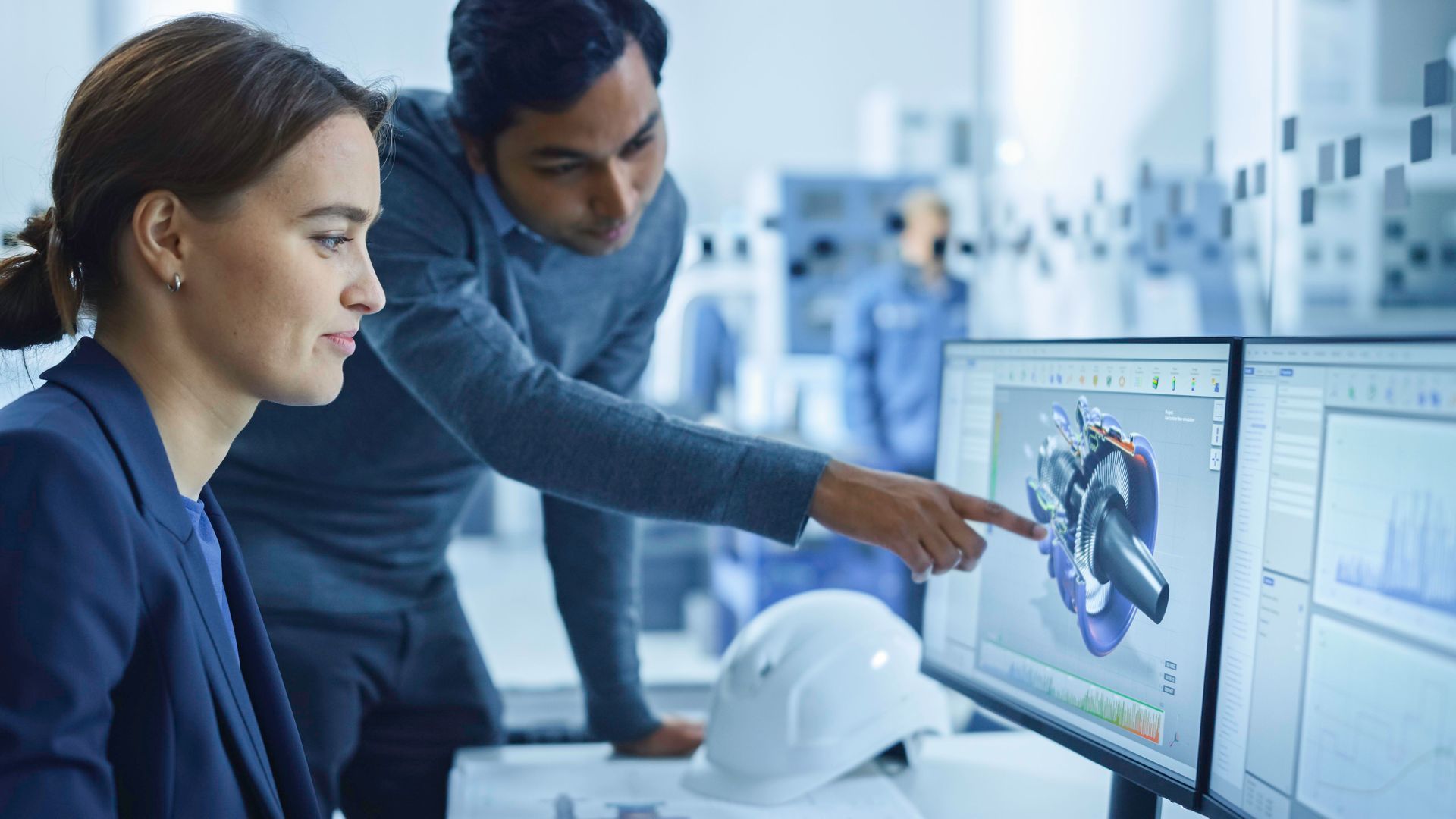The demise of Australian car manufacturing in 2017 seemed to mark the end of a proud 70-year tradition. Australia had been at the forefront of mass market car production from the industry's earliest days. But with General Motors Holden, Ford and Toyota ceasing large-scale production that year, a once thriving local industry all but stalled.
The rise of electric vehicles (EVs) has the potential to provide a kick-start. The federal Labor government has promised an ambitious EV and fuel efficiency strategy, as part of broader efforts to transition Australia away from a reliance on fossil fuels towards renewable energy sources.
In 2022, Australian sales of EVs doubled to 3.8 per cent of all new vehicle purchases. And EV sales were up 780 per cent in the first two months of 2023 compared to a year ago. Greater private take-up has been matched by unprecedented corporate commitment: just this month, Woolworths pledged to transition its 3000-strong home delivery fleet to 100 per cent electric by 2030.
So the political will and investment is there to see EVs become a key feature of Australia's life and economy. What's more, Australia's long history and expertise in car manufacturing means it is well placed to become a significant player in this space. According to a 2022 Australia Institute report, "Australia’s natural resource endowments and industrial capabilities make EV industry development a viable economic and social strategy."
Much of the infrastructure and know-how is there to be leveraged to see Australia's automotive industry revitalised with an emphasis on EVs. What kind of areas should we be focusing on to capitalise on this significant potential?
Renewables and EVs go hand in hand
While EVs can't strictly be categorised as "renewable" – that depends on the source of electricity used to power each vehicle – philosophically their rise goes hand in hand with the shift away from non-renewable energy sources. There are also technological overlaps between the two emerging industries, for example with things like increased efficiencies in energy capture and storage.
Building electric vehicles requires a range of job roles across various stages of the research, development and manufacturing process. Businesses that thrive amid the renewables and EV boom will have expertise in things like research and development, electrical and mechanical maintenance, asset management, and energy and storage engineering. Key capabilities might include:
- Design and engineering: Engineers specialised in electrical engineering, mechanical engineering, and automotive design will be needed to work on developing the vehicle's electrical systems, battery technology, motors, and overall vehicle design.
- Battery technology: Professionals skilled in battery technology, chemistry, and energy storage are essential for developing and improving the performance, efficiency, and safety of electric vehicle batteries.
- Manufacturing and assembly: Technicians, assembly line workers, quality control inspectors, and production supervisors will play a key role in assembling vehicle components and ensuring quality standards are met.
- Software and controls: With the increased integration of software and electronics in electric vehicles, software engineers, embedded systems engineers, and control system specialists will be needed to develop and optimise the vehicle's software and control systems.
- Supply chain and logistics: Professionals in supply chain management and logistics play a crucial role in sourcing components, managing inventory, coordinating logistics, and ensuring efficient production and delivery processes.
Australia has a proven track record across all of these disciplines, and companies keen to thrive in the EV new normal will seek to attract and develop the best available talent with skills in those areas. The potential is there, and by capitalising now those with an interest in Australian car manufacturing can ensure the 2017 bust was not an ending, but an opening to a new beginning.
Bayside Group has decades of experience recruiting for industries and disciplines that will be central to the growth of EV manufacturing and renewable energy in Australia.
Contact us to learn how we can help find the best talent for your next project.



